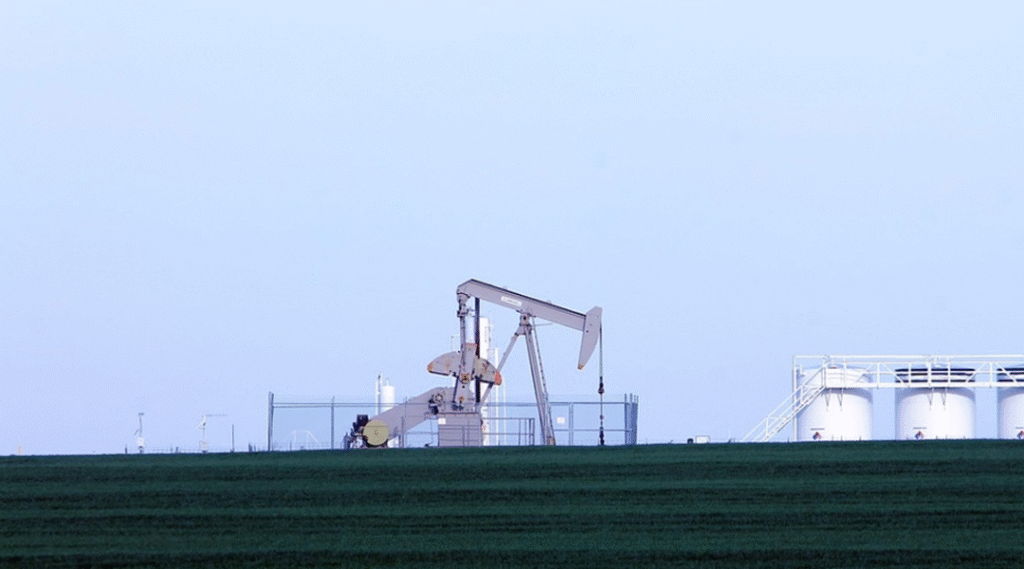In an era where environmental challenges and sustainability goals are top priorities, clean energy has emerged as a powerful solution for transforming our lives. From the way we power our homes to how we travel, work, and communicate, clean energy—generated from renewable sources like solar, wind, hydro, and geothermal—is playing a vital role in shaping a healthier, more sustainable, and economically resilient future.
This article explores how clean energy is not just about saving the planet, but also about improving our daily lives in meaningful, practical ways.
1. Cleaner Air and Better Health
One of the most immediate and noticeable benefits of clean energy is the improvement in air quality. Traditional fossil fuels—coal, oil, and natural gas—release pollutants such as sulfur dioxide, nitrogen oxides, and particulate matter into the air, contributing to respiratory diseases, cardiovascular problems, and premature death.
By switching to clean energy sources, these harmful emissions are dramatically reduced. Cities powered by renewable energy experience lower smog levels, healthier residents, and decreased healthcare costs. Families can breathe cleaner air, and children can play outside without the risk of inhaling harmful pollutants. This improvement in public health is a direct and tangible benefit of clean energy adoption.
2. Reduced Household Energy Costs
Solar panels on rooftops, home battery systems, and smart thermostats are no longer futuristic luxuries—they are accessible tools that help households save money. Once installed, solar panels can significantly reduce monthly electricity bills. Many regions even offer net metering programs that allow homeowners to sell excess energy back to the grid.
In addition, clean energy is becoming more affordable. The cost of solar and wind energy has dropped significantly in the last decade, making it more competitive with, and often cheaper than, fossil fuels. As technology continues to advance, energy-efficient appliances and smart home systems help reduce overall consumption, lowering utility bills while maintaining comfort and convenience.
3. Energy Independence and Resilience
Clean energy enhances energy independence at both the national and individual levels. Countries that invest in renewable energy reduce their dependence on imported fossil fuels, strengthening their economic and political stability. On a local scale, households with solar panels and battery backups can remain powered during grid outages caused by storms or natural disasters.
This energy resilience is especially important in the face of climate change, which is increasing the frequency of extreme weather events. Clean energy systems, often decentralized and flexible, offer greater reliability and quicker recovery times compared to traditional centralized power grids.
4. Job Creation and Economic Growth
Clean energy isn’t just good for the environment—it’s a major engine for job creation. The renewable energy sector employs millions of people worldwide, from solar panel installers and wind turbine technicians to engineers and researchers. These jobs are often safer and more sustainable than those in the fossil fuel industry.
Moreover, the growth of clean energy attracts investment and stimulates innovation. Startups and large corporations alike are developing new technologies to harness, store, and distribute renewable energy more efficiently. This creates a thriving economic ecosystem that benefits local communities and boosts long-term economic growth.
5. Sustainable Transportation
Electric vehicles (EVs) powered by renewable energy sources are changing the way we travel. EVs produce zero tailpipe emissions, reducing air pollution in cities and decreasing dependence on oil. As charging infrastructure expands and battery technology improves, EVs are becoming more practical, affordable, and convenient for everyday use.
Clean energy is also powering public transportation, including electric buses and trains, making daily commutes quieter, cleaner, and more comfortable. These developments contribute to lower urban emissions and improve the overall quality of life for city dwellers.
6. Supporting a Greener Future for the Next Generation
Perhaps the most profound benefit of clean energy is its impact on future generations. By reducing greenhouse gas emissions and slowing the effects of climate change, clean energy helps protect ecosystems, stabilize global weather patterns, and preserve natural resources.
Children growing up today will inherit a world increasingly shaped by the decisions we make now. Investing in clean energy means investing in a future where they can enjoy thriving environments, stable economies, and healthy communities.
Clean energy is no longer just an environmental issue—it’s a lifestyle upgrade. From lowering our bills to improving our health, making our cities quieter and cleaner, and creating jobs and energy resilience, the benefits of clean energy touch nearly every part of our daily lives.
As individuals, businesses, and governments continue to embrace renewable energy, we move closer to a world that is not only sustainable but also more livable, equitable, and prosperous. Clean energy isn’t just changing the planet—it’s changing our lives, for the better.
More articles about Clean Energy:
Harnessing the Depths and Tides: A Deep Dive into Hydro, Marine & Geothermal Energy
How Traditional, Clean, and Renewable Energy Together Form a Strong and Sustainable Energy System
Economics, Financing & Business Models in the Clean‑Energy Transition
Designing the Rules: Policy, Regulation, and Market Design in the Clean‑Energy Era
As for in-depth insight articles about AI tech, please visit our AI Tech Category here.
As for in-depth insight articles about Auto Tech, please visit our Auto Tech Category here.
As for in-depth insight articles about Smart IoT, please visit our Smart IoT Category here.
As for in-depth insight articles about Energy, please visit our Energy Category here.
If you want to save time for high-quality reading, please visit our Editors’ Pick here.



